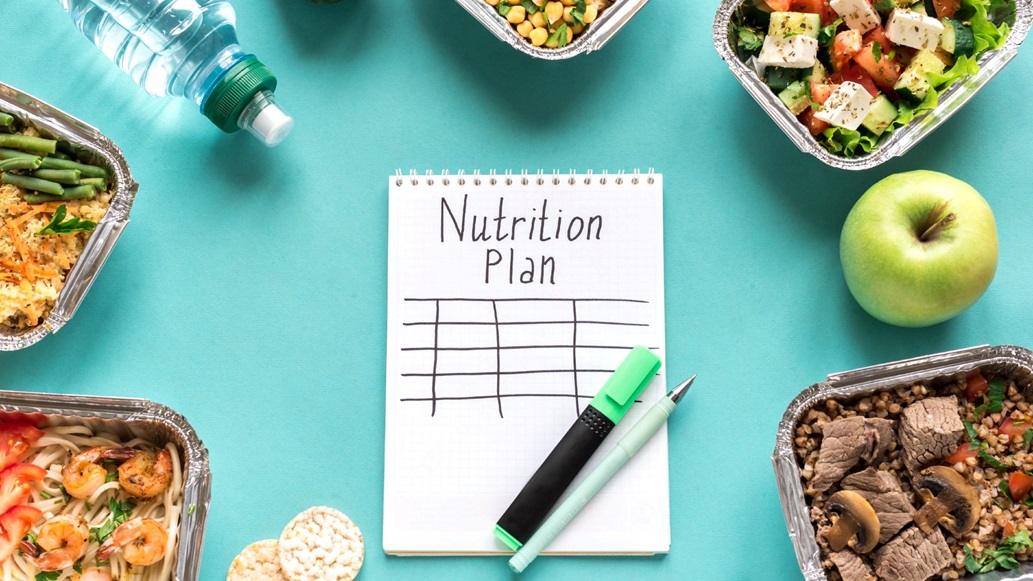The Dos and Don’ts of the Gastric Bypass Diet

When it comes to the gastric bypass diet, there are definitely a few dos and don’ts that you need to be aware of. So, if you’re considering this type of weight loss surgery, make sure you read through this post first! We will cover everything from what you should eat to what you should avoid. So, keep reading to know more.
The Dos of Gastric Bypass Diet
First and foremost, it’s important to make sure that you’re eating a healthy, balanced diet. This should include lean proteins, fruits and vegetables, whole grains, and low-fat dairy products. It’s also important to eat small meals and snacks throughout the day, as you may feel full quickly due to your smaller stomach size.
Eating small meals also helps to keep your blood sugar levels stable, which is important for weight loss and overall health. If you have any questions about what you should eat, be sure to talk to a doctor for Roux En Y in Maryland to make sure you are following the right diet plan. They will be able to provide you with more specific guidance.
The Don’ts of Gastric Bypass Diet
It is important to avoid certain foods while on the gastric bypass diet. These include processed and refined sugars, high-fat and fried foods, alcoholic beverages, carbonated drinks, and foods that are high in sodium. Additionally, eating large portions of food should be avoided as this can cause nausea, vomiting, and discomfort. It is also essential to avoid grazing and to snack between meals.
It is best to completely eliminate these foods from the diet to ensure maximum success. Apart from that, if you have any questions regarding how much weight will you lose after gastric bypass surgery, be sure to consult your doctor. They will give you an estimated range of weight loss and explain the potential risks and benefits of gastric bypass surgery.
To Sum It Up
Now you know the dos and don’ts of the gastric bypass diet. By following these guidelines, you can ensure that your body is receiving the nutrients it needs and that you will experience successful weight loss after having the surgery. Lastly, your body is unique, so make sure you talk to a doctor for additional guidance and to adjust your diet accordingly. They will be able to provide you with a personalized plan that is tailored to your specific needs.








